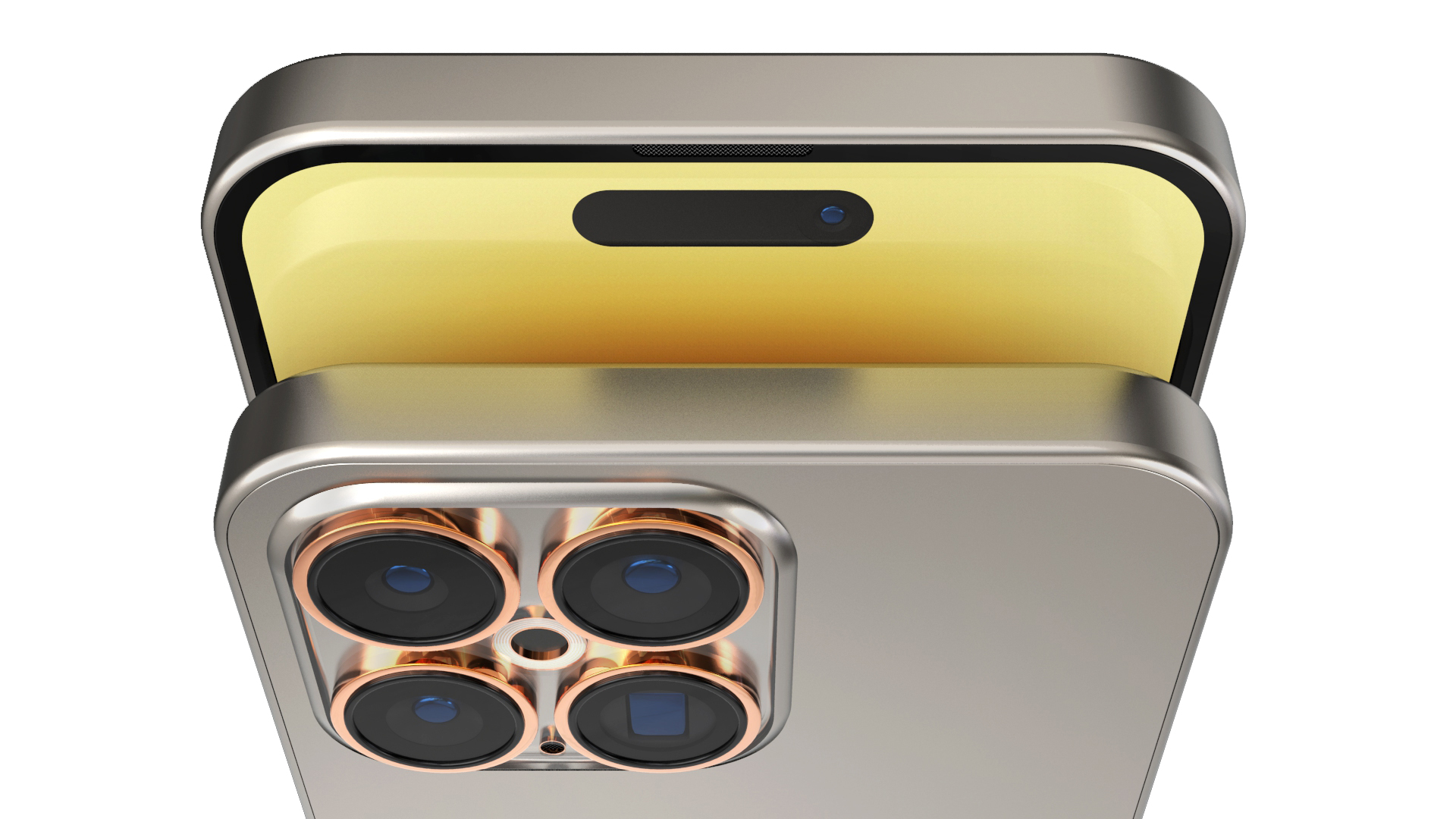
One of the most interesting rumours to have surfaced about the upcoming iPhone 15 range is the including of solid state buttons for volume and power. Instead of having a physical button, a haptic feedback engine will register touch as a button press – similar to how the home button works on the iPhone SE.
It's a cool concept. Removing physical buttons should reduce the number of places where water and dirt can get into the handset, improving its durability. But it does pose some interesting challenges. On the current models with physical buttons, various long-presses can enable features like turning the phone on and off, resetting the device or making Emergency Calls – you know, the important stuff.
Some users had registered concerns over how this would work on a capacitive button. How would you be able to turn the device back on after it died, for example?
Fortunately, Apple are working on a solution. According to MacRumors, a source within Apple's development team has shared details of how it could work. The source was also responsible for sharing early details on the Dynamic Island before the iPhone 14 was released last year, giving some extra credence to the claims.
According to the comments, a redesigned microprocessor will be used to power crucial features when the device is dead. That will replace the current super-low energy mode, which allows Find My to still detect the device up to 24 hours after it has died, and lets users make use of Apple Pay Express Mode for up to five hours.
The leaker also commented that the feature is being tested with and without haptic feedback. I'd assume the difference in battery consumption will decide which version ends up entering production.
We also learned about the future of the infamous iPhone mute rocker. That's going too, being replaced with a mappable action button – similar to the physical button on the Apple Watch Ultra.
It's an interesting update. There's bound to be large swathes of people who take issue with this – such is the nature of the internet – but I think it's refreshing to see something new in the smartphone space. It stands to make the iPhone much more resistant too, which should help to improve the lifespan of the device in the long term.
We're expecting these devices on or around their usual schedule, which should mean a release in September.







